Mindfulness for Creatives
The mindfulness movement has been getting a lot of buzz in the US health industry recently, but we hear less about how valuable this form of meditation can be for creatives. If you’ve never heard of it, you’re probably missing out on the next wave in healthy living, much like jogging or yoga. All of these practices complement each other, but mindfulness is the one I want to delve into here.
What is mindfulness?
It’s basically a technique to be more focused, aware and present in every moment. While it’s been used in hospitals for treating anxiety and depression, there’s also been a huge amount of enthusiasm for it in the creative domains. I’ ve long heard of DJs practicing yoga to stay healthy and sane during their long and demanding tour schedules. But recently, Ableton’s LOOP weekend even featured a very interesting workshop about mindfulness. I attended and loved it.
When I talk about it, people who attend music events often don’t really see the correlation between taking care of one’s health and partying, and they often see them as contradictory. But for many DJs, producers and fans, electronic music is about more than just partying. It’s also a movement that’s driven by an openness to new ideas and a celebration of life.
How do you practice mindfulness?
There are many ways to practice mindfulness. It’s not just an exercise, but a state of mind you aim to develop. The main way to achieve it is to practice a form of meditation that’s non-religious, purely technical, and very simple to do.
So, how does this come into play with creatives?
 This is the tricky part, since you won’t easily find literature on the topic,yet. What I’ve found through practice, though, was that a certain amount of meditation really helped me to complete projects faster. It’s already hard to finish a project, so doing it on a tight deadline is even more of a challenge.
This is the tricky part, since you won’t easily find literature on the topic,yet. What I’ve found through practice, though, was that a certain amount of meditation really helped me to complete projects faster. It’s already hard to finish a project, so doing it on a tight deadline is even more of a challenge.
Mindfulness could easily become the subject of a long-term blog project in and of itself. For now though, I’ll just start us off with a few simple points that creatives in particular should find really useful.
First are the attitudes that are promoted by a mindfulness practice, and that are helpful to the creative process:
Beginner’s mind. In this state of mind, you can let yourself be amazed by simple things. See it as the antidote to getting jaded about something you love due to excessive exposure or overuse. With this practice, you learn to rekindle the fun in things, because everything suddenly seems new again. Dive back into production as if it were the first time you tried it.
Non-striving. You’ll always miss the chance to find the fun in things if you’re too fixated on achieving a certain goal. This is how so many musicians end up with countless unfinished songs. I know some people that have a list of labels they want to reach, once they’re done with all of their tracks. The problem is that they put so much pressure on themselves that they’re still stuck at finishing their first track, which has been in the works for over 6 months.
Non-judgement. For many artists, the hardest part about making music is learning to appreciate your own work. Creatives are often their own harshest critics, and they can set unreasonably high expectations for themselves. It’s actually pretty common for people to dislike their own music, for whatever reason. There’s something very personal and intimate about the process of making music, since a song is always a statement of where and who you were in a particular moment of time. This can be another reason people sometimes find it easier to reject their own work rather than embrace it. Practicing mindfulness will teach you to catch yourself engaging in these unhealthy mental habits, and it’ll make you think twice before pressing that delete key.
 And perhaps this is the main message of this post: that whatever music you’re working on should be kept, just like an entry in your personal journal. Keeping ideas is a good way to keep track of your evolution. There are people I coach who send me one loop a day, and I love seeing how they evolve; how they can hit a wall for a few days, and then completely change. It’s quite fascinating.
And perhaps this is the main message of this post: that whatever music you’re working on should be kept, just like an entry in your personal journal. Keeping ideas is a good way to keep track of your evolution. There are people I coach who send me one loop a day, and I love seeing how they evolve; how they can hit a wall for a few days, and then completely change. It’s quite fascinating.
You will appreciate your music if you let it be, without being too hard on yourself. This is the invaluable lesson that a mindfulness practice can teach creatives.

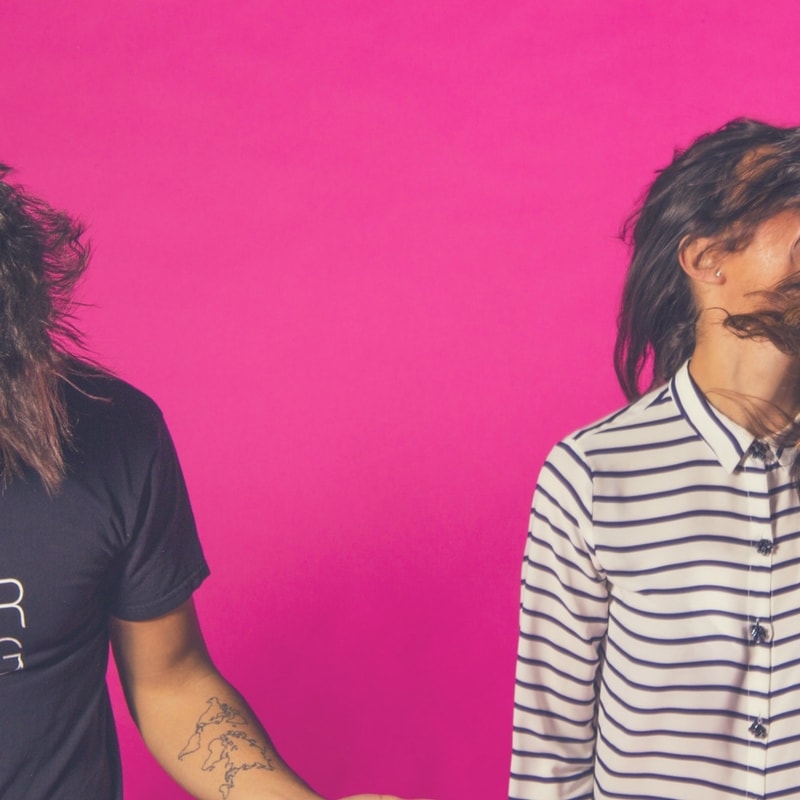

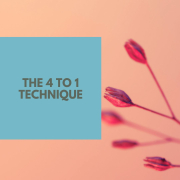
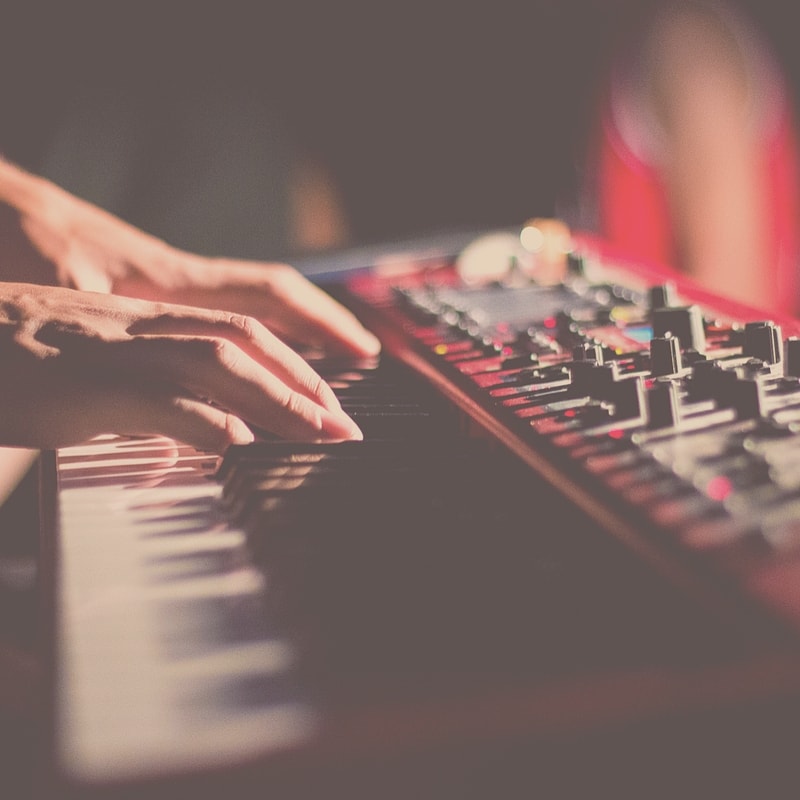



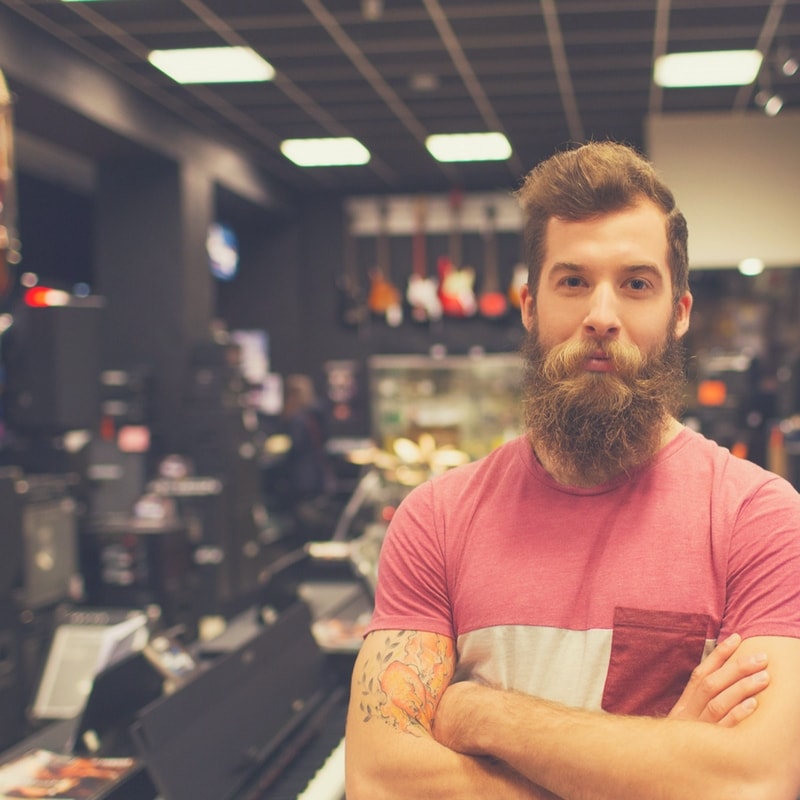
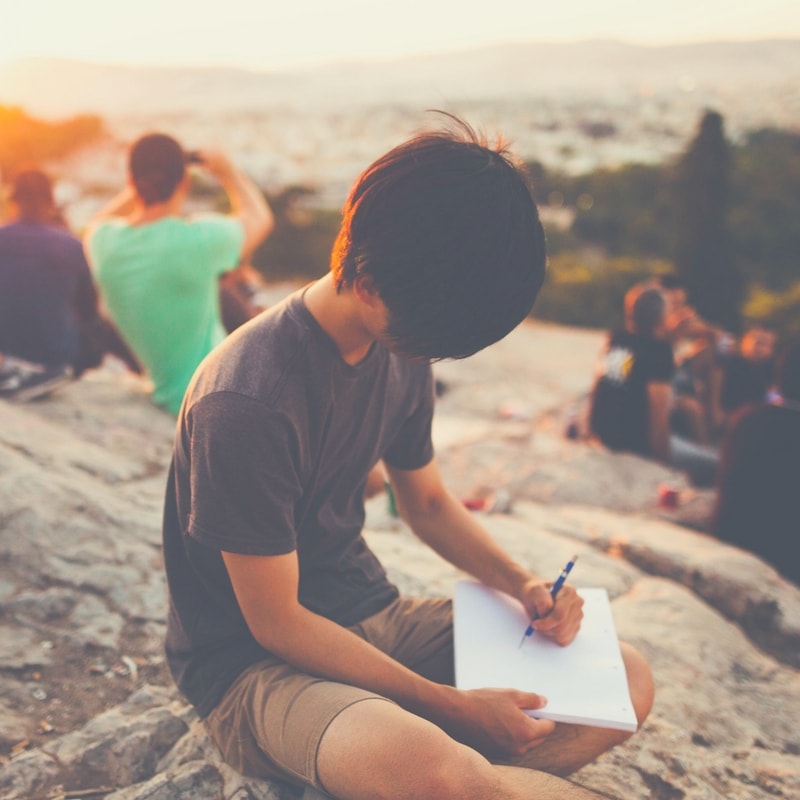
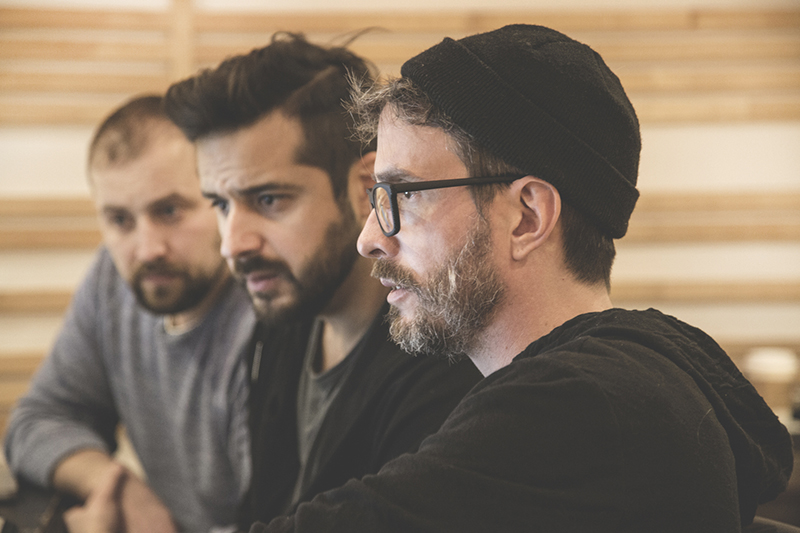
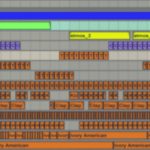

Leave a Reply
Want to join the discussion?Feel free to contribute!